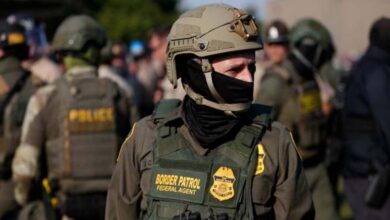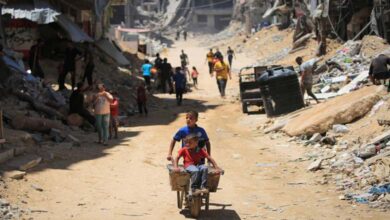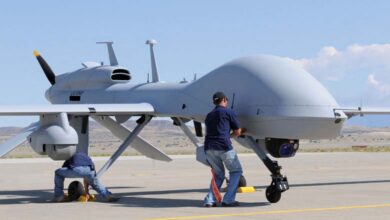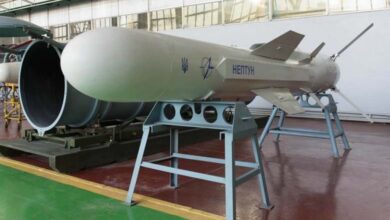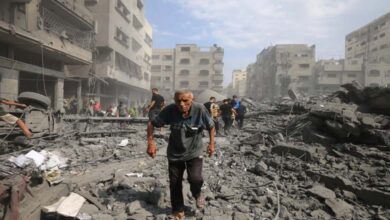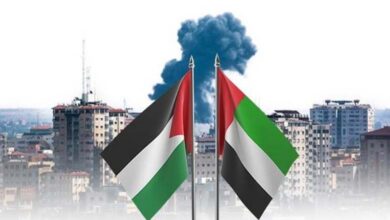Mali in an Existential Test: Al-Qaeda’s Expansion and Mounting Challenges
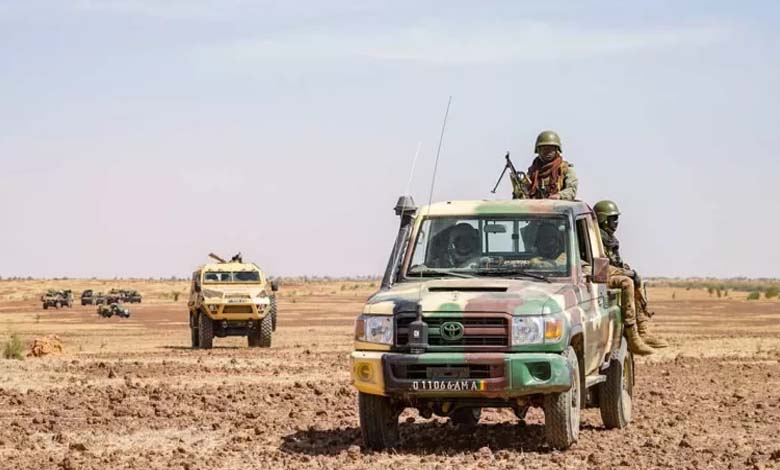
The growing power of Al-Qaeda’s branch in Mali has brought the country to a critical juncture, heightening security challenges as militants expand their territorial control and impose blockades on several cities.
Political analysts from the University of Bamako argue that the recent escalation in attacks by “Jama’at Nusrat al-Islam wal-Muslimin,” an Al-Qaeda affiliate, poses a serious threat to Mali’s ruling military council. Yet, this crisis also presents an opportunity to demonstrate its ability to restore security and reassert state authority.
Amid intensified assaults targeting military and civilian areas in Sikasso (south) and Timbuktu (north), pressure is mounting on the government. Last Monday, the extremist group claimed responsibility for a string of attacks against the Malian army, while government forces—backed by traditional hunters known as “Dozos”—conducted counter-operations in Kamona Pont, Ségou region, according to French radio RFI.
Eyewitnesses reported that the victims came from various ethnic communities, including the Fulani, Bambara, and Bozo. Other sources placed the death toll between 35 and 37. Additional summary executions were also reported in the same region, with six people killed while heading to a weekly market.
The attacks have continued relentlessly: a temporary capture of a military base in Koutiala (Sikasso), an ambush on a military convoy in Niafounké (Timbuktu), and the burning of fuel trucks near the Ivorian border. These incidents occur amid a severe fuel crisis that has paralyzed the country’s economy, even in the capital Bamako, despite military escorts for fuel convoys.
Local mediation efforts in Mopti to negotiate an end to the blockade have failed so far. Along the Bamako-Ségou route, civilian kidnappings have surged, including two construction workers and the president of the Ségou regional council. The mayor of Kona, Ousmane Kambou, who had been held since May 25, was recently released.
Dr. Abdourahmane Idrissa, a Malian scholar of political and security affairs, explained that Al-Qaeda’s escalation seeks to “prove the group’s continued mobility and operational relevance as Mali rebuilds its military and security institutions under the leadership of the military council.” These attacks, he said, send a dual message: one aimed at spreading fear among citizens, and another to the international community, attempting to discredit the transitional authorities.
Idrissa emphasized that ongoing military operations, supported by local forces, are gradually weakening the terrorists’ field infrastructure. As a result, the militants have turned to sporadic and brutal attacks to create the illusion of control.
Despite complex financial and security constraints, the military council has managed to restore state presence in areas that were once entirely outside government control, thanks to a clear national vision to rebuild the army and unify the country around a sovereign state project.
For Dr. Ibrahim Haran Diallo, a Malian researcher on regional security and counterterrorism, the violence in central and southern Mali should be understood as part of a broader war against terrorism—one that Mali is fighting on behalf of much of West Africa. He believes that recent military successes in Sikasso and Timbuktu have triggered extremist reprisals against civilians and an orchestrated media war to undermine the army’s reputation.
Diallo further notes that the transitional government’s determination to achieve security self-sufficiency and reject foreign interference has made Mali a leading example of sovereign independence. This, he argues, explains why terrorist groups have intensified their efforts to destabilize the internal situation.
He concludes that while the military council now faces a genuine test of its strength and legitimacy, it still enjoys broad public support as long as it remains committed to national sovereignty and an uncompromising fight against terrorism.




